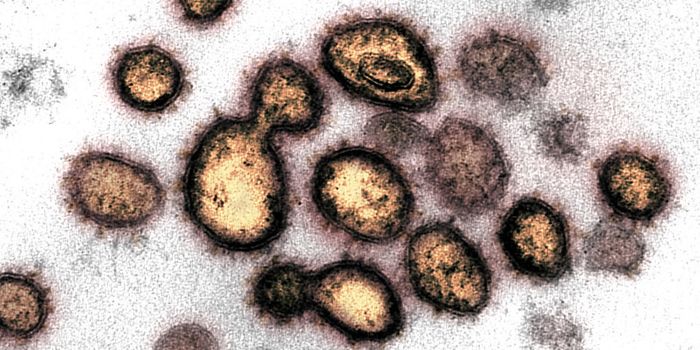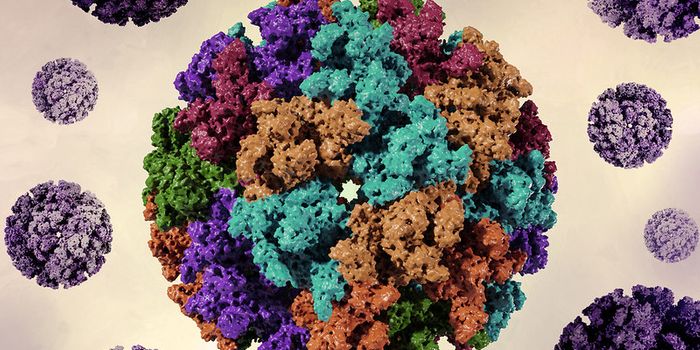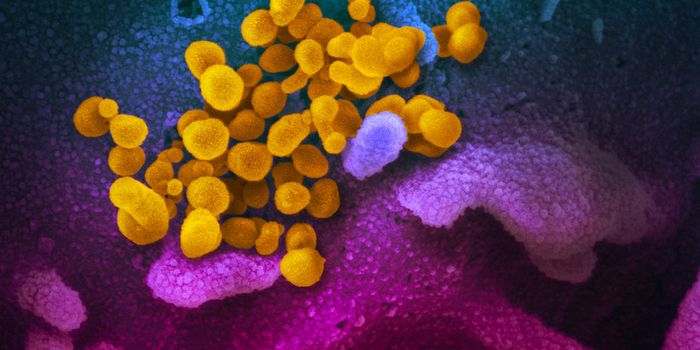A Bacterial Virus Can Help Salmonella Spread
The Salmonella bacterium is to blame fora lot of foodborne infections, many of which cause only mild illness, though others can cause major problems. The ST34 strain of a type of Salmonella called Typhimurium has been found to be dominant in pigs raised as livestock in the European Union. The strain has spread to wild pigs around the world as well, and is considered to be pandemic; it now causes about a quarter of all Salmonella infections.
A related strain of Salmonella called Enteritidis was infecting layer hens in the UK, but it was controlled for the most part. Typhimurium, however, represents an increasing proportion of Salmonella infections, and has been for over a decade, mostly because of the ST34 strain. The strain is replaced as the dominant one from time to time, and scientists want to learn more about why this happens so we are in a better position to fight the pathogen.
Reporting in Microbial Genetics, scientists have now found that viruses that specifically infect bacteria, called bacteriophages, might be playing a critical role in aiding the propagation of ST34, and has helped it move around the world.
About 30 years ago, the common ancestor of current Salmonella strains in the UK was moving around. An assessment of old samples of human infections suggested that around 2002, a bacteriophage called mTmV was infecting ST34. Public health officials did not identify it until 2005 when surveillance began to pick up on it. At that time, it was circulating at low levels.
When scientists analyzed the genomes of ST34 at the population level, they determined that strains that were hosting the mTmV bacteriophage had an advantage and were more numerous as time went on compared to ST34 microbes without the virus.
After assessing the bacteriophage more closely, the scientists determined that its genome carried a gene, sopE, which encodes for a toxin that has been shown to promote Salmonella infections and cause diarrhea. It can also be passed on to other hosts in food.
"The mTmV virus seems to have been helping Salmonella spread, and because it was living in the Salmonella, it was aiding its own survival," explained Professor of the Quadram Institute Rob Kingsley.
Sources: Phys.org via Quadram Institute, Microbial Genetics









